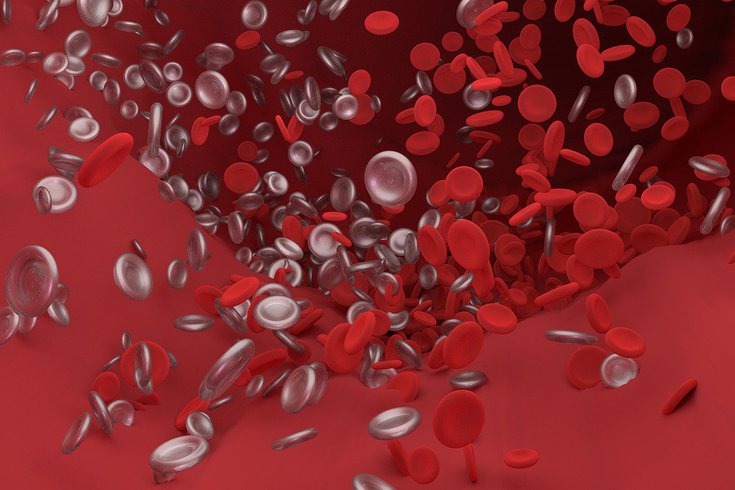
October 14, 2020
 Narupon Promvichai/Pixabay
Narupon Promvichai/Pixabay
O blood type may offer some protective qualities against COVID-19, research suggests. One possible reason is that this particular blood type has lower levels of von Willebrand factor, a blood clotting agent.
People with blood type O appear less likely to fall ill if exposed to the coronavirus. And if they do get sick, they are less likely to have a severe case of COVID-19.
Two new studies, published Wednesday in the journal Blood Advances, suggest a link between blood type and a person's vulnerability to the SARS-CoV-2 virus. They build on the evidence uncovered in prior research.
The first study, conducted by researchers in Denmark, focused solely on the susceptibility of being infected. It included 473,654 people from a national health registry who had been tested for COVID-19.
Of those who tested positive, only 38.4% were blood type O. In a control group of more than 2 million people from the general population, 41.7% were blood type O.
The second study, carried out by Canadien researchers, examined differences in the severity of disease progression. In a sample of 95 critically ill COVID-19 patients, 84% of patients with blood type A or AB needed mechanical ventilation or kidney dialysis compared to 61% of patients with blood type O or B.
Patients with blood type A or AB were in the intensive care unit longer, too – 13 days compared to 9 days. However, overall hospital stays didn't differ significantly.
In the Danish study, blood type didn't seem to affect people's risk for hospitalization or death from COVID-19, just their risk of infection.
"I don't think [blood type] supersedes other risk factors of severity like age and co-morbidities and so forth," Dr. Mypinder Sekhon, an intensive care physician at Vancouver General Hospital and author of the Canadian study, told CNN. "If one is blood group A, you don't need to start panicking. And if you're blood group O, you're not free to go the pubs and bars."
There are 8 common blood types — A+, A-, B+, B-, O+, O-, AB+ and AB-. Blood type doesn't normally affect daily life. It is generally only important if a person needs a blood transfusion.
Not much is known about the mechanism behind the connection between blood type and COVID-19 risk, the researchers said.
One possible explanation has to do with blood clotting. People with type O blood have lower levels of von Willebrand factor, a blood clotting agent. This means they are less likely to develop blood clots, a major complication of severe COVID-19.
Genes associated with certain blood types also may influence the way the immune system responds to the coronavirus.
A study published by The New England Journal of Medicine in June also suggests a connection between blood type and a person's susceptibility to COVID-19. The study showed that people with type A blood were more likely to contract the virus while those with type O blood had less of a risk.
Biotechnology company 23andMe also found that O blood type may have a protective effect against COVID-19. People with O blood 9 to 18% less likely to test positive than other blood types. Their study included data from more than 750,000 people.
But there also is some evidence that blood type has no influence on COVID-19 risk. A Harvard Medical School study found that it didn't have any impact of the severity of COVID-19, which was defined as intubation or death.
The bottom line is that much more research is needed. While this is an interesting area of research, it's probably not wise to base your risk of COVID-19 on your blood type.